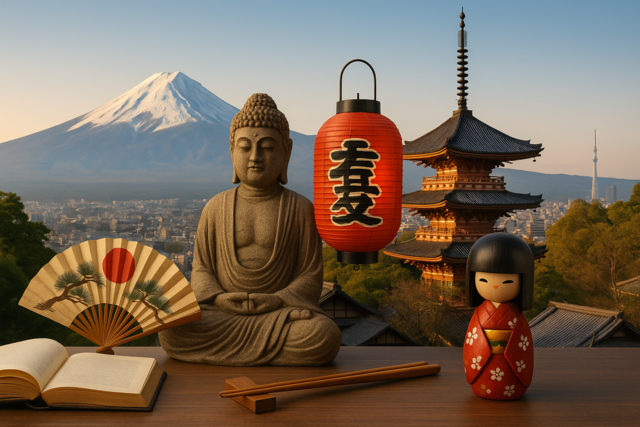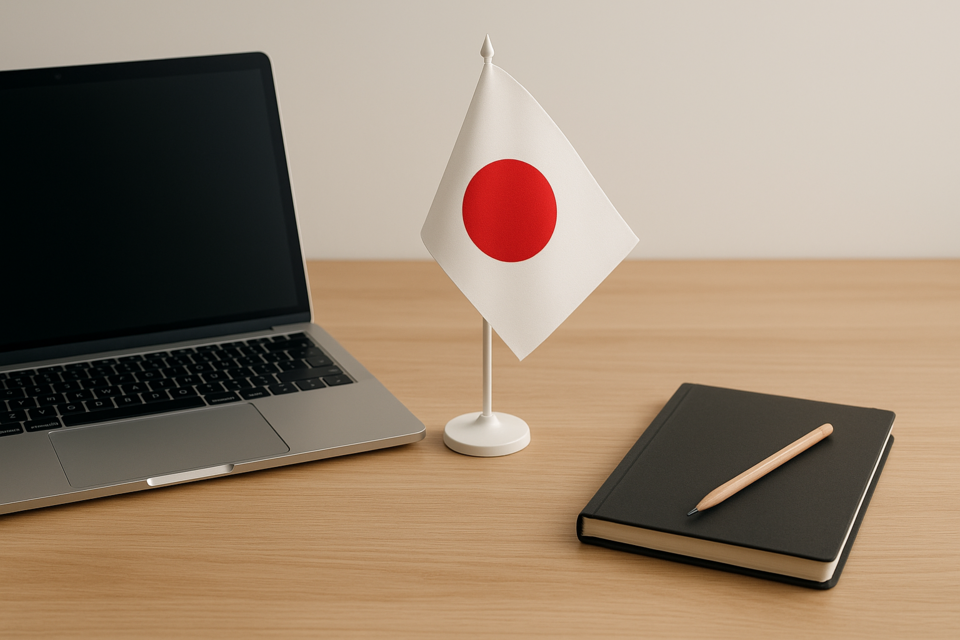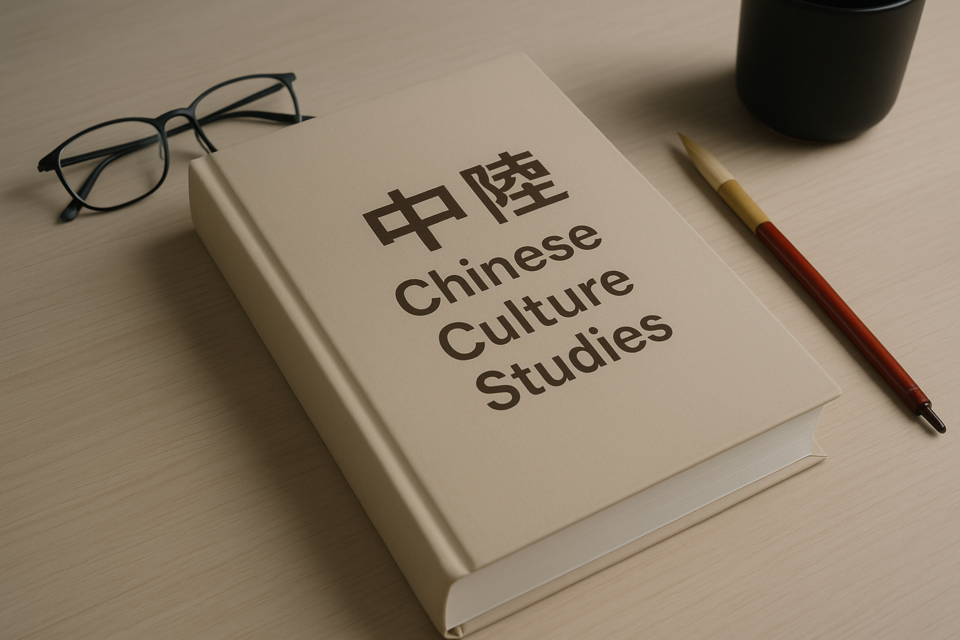Japanese Cultural Studies
Unlock the Essence of Japan: Explore, Engage, Enlighten

10 Hours average completion time
1.0 CEUs
12 Lessons
26 Exams & Assignments
63 Discussions
12 Videos
109 Articles
Mobile Friendly
Last Updated October 2025
Delving into the Depths of Japan: A Journey through Time and Culture
Nestled to the east of China, Japan emerges as an enchanting archipelago, separated from the Asian mainland by a mere 120 miles of oceanic expanse. With a rich tapestry of history spanning over 30,000 years, Japan offers a mesmerizing blend of seclusion and global interaction. This dichotomy has birthed a culture that seamlessly fuses international influences while preserving its authentic Japanese essence.
Dive deep into this course as we journey through Japan's evocative history, tracing the ebb and flow of its interactions with the wider world. We will illuminate the vibrant traditions that have shaped the Japanese way of life, from the intricacies of its language to the spiritual depths of its religions. Feast your senses on the culinary wonders of Japanese cuisine, and understand the nuanced etiquettes that underpin social interactions.
Discover the Japanese commitment to excellence in careers and education, and marvel at the arts that have resonated through time -- each art form narrating tales of seasons, emotions, and landscapes. Revel in the joyous celebrations of holidays and indulge in leisure activities that reflect a harmonious blend of the past and present. Stand in awe of the architectural marvels, from ancient temples to contemporary skyscrapers, each telling a story of Japan's journey through time.
At the heart of our exploration lies the Japanese ethos: a deep-rooted reverence for consideration, thoughtfulness, and order. These values make Japan one of the safest and most serene destinations globally. While immersing oneself completely might be challenging given the uniqueness of the culture, the beauty of the Japanese way of life invites appreciation at every turn.
Embark on this transformative journey with us, as we unravel the multifaceted layers of Japanese culture, offering insights that transcend the mere tourist gaze, plunging into the very soul of this ancient yet modern land.
- Historical perspective and context
- Ethical and societal evaluation
- Interdisciplinary analytical skills
- Understanding of traditional and modern dynamics
- Adaptability to diverse professional environments
- Insight into religious and spiritual diversity
- Cultural awareness and sensitivity
- Critical thinking in global interactions
- Respect for harmony and social etiquette
- Effective cross-cultural communication
- Appreciation for artistic and culinary traditions
Choose from plans starting at just $16/month (billed annually)
See Your Team Succeed
Empower your team instantly with an integrative group enrollment system. Purchase licenses in bulk with Group Discounts.











